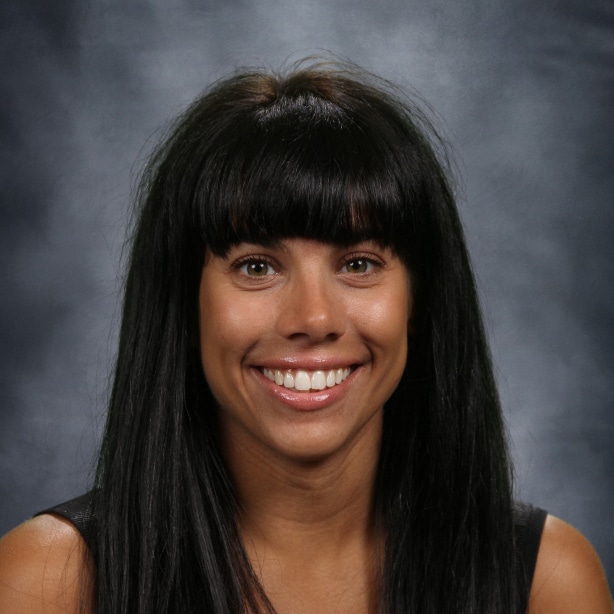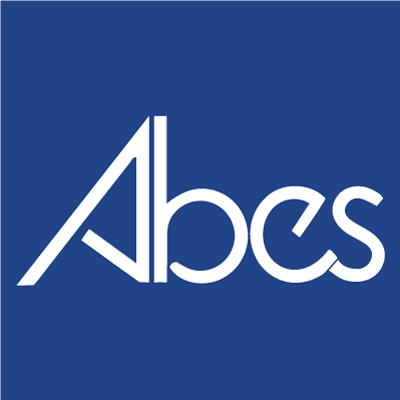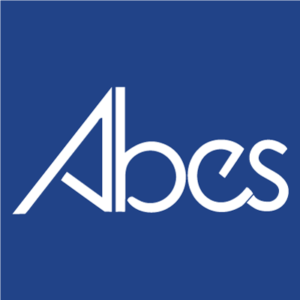In the healthcare field, practical skills and real-world experience are invaluable. The ABES Health Care Aide Program leverages innovative simulation technology to provide students with immersive, hands-on learning experiences. This innovative approach ensures that graduates are well-prepared to meet the challenges of their profession. Here are several ways simulation is used in the ABES Healthcare Aid Program to enhance education and training.
1. Realistic Clinical Scenarios
Simulation technology allows students to practice in lifelike clinical environments that mimic real-world situations. For example, students may encounter a simulated patient experiencing a heart attack, where they must quickly assess the situation and start administering CPR. By working through these simulations, students can develop their skills and gain confidence in a safe, controlled setting. For ABES students, this means being able to practice and refine their techniques before encountering actual patients, reducing anxiety, and increasing proficiency.
2. Hands-On Practice with Medical Procedures
In the ABES Health Care Aide Program, simulation allows the practice of various skills, such as helping patients with daily activities such as bathing, grooming, and dressing. For instance, students might practice assisting in simple wound care, allowing them to perfect this essential skill without the pressure of working on a real patient. This hands-on experience ensures that students are well-prepared for their clinical placements and future careers, giving them a significant advantage in the job market.
3. Development of Critical Thinking Skills
Simulation exercises are designed to challenge students’ critical thinking and problem-solving abilities. Scenarios often present unexpected complications, such as a complication with oxygen delivery, requiring quick decision-making. For future Health Care Aides, this ability to adapt and respond effectively to changing situations is crucial for providing high-quality patient care. Prospective ABES students will benefit from developing these skills early in their training, preparing them for the unpredictability of real-world healthcare settings.
4. Enhanced Communication and Teamwork
Effective communication and teamwork are vital components of healthcare. Simulation-based training at ABES often involves group exercises where students must work together to care for simulated patients. For example, a simulation might involve a multi-disciplinary team working to care for an elderly patient, requiring clear communication and coordinated efforts.
These scenarios help students develop effective communication skills and learn the importance of collaboration in a healthcare setting. For those entering the Healthcare Aid Program, this means gaining valuable experience in working as part of a team, which is essential for success in any healthcare role.
5. Safe Learning Environment
One of the biggest advantages of simulation is that it provides a safe environment for learning. Mistakes can be made without any risk to real patients, allowing students to learn from their errors and improve their performance.
For instance, if a student incorrectly feeds a patient during a simulation, they can receive immediate feedback and correct their technique without causing harm. This aspect of simulation is particularly beneficial for healthcare aide students, who can practice procedures and patient interactions repeatedly until they achieve proficiency. Prospective ABES students can feel confident knowing that their training includes many opportunities to learn and grow without the pressure of real-life consequences.
6. Immediate Feedback and Assessment
Simulation in the ABES Healthcare Aid Program includes immediate feedback from instructors, which is critical for effective learning. After each simulation exercise, students will participate in a debrief where they receive detailed evaluations of their performance, including what they did well and areas for improvement.
For example, if a student performs CPR on a mannequin, the instructor can review their technique and provide instant feedback on the depth and rate of compressions. This immediate feedback helps students to quickly identify and correct mistakes, accelerating their learning process. For students, this means a more tailored and responsive educational experience that helps them to continuously improve their skills.
7. Exposure to a Variety of Clinical Situations
Health care aides must be prepared to handle a wide range of clinical situations. Simulation training at ABES exposes students to various scenarios, from routine care to emergencies. For example, students might simulate caring for a patient with dementia, learning how to manage challenging behaviours and providing compassionate care. This diversity in training ensures that students are well-rounded and adaptable, ready to face any situation they may encounter in their careers. ABES students will appreciate the comprehensive nature of the simulation training, which prepares them for the realities of the healthcare environment.
8. Building Confidence and Competence
Through repeated practice and exposure to different clinical scenarios, simulation training helps build both confidence and competence in healthcare aide students. For example, by practicing communication skills with mannequins and standardized patients, students can perfect their technique and gain confidence in their abilities. This preparation is essential for transitioning from the classroom to clinical practice.
By the time ABES students graduate, they will have a solid foundation of skills and experience, making them valuable assets to any healthcare team. For those considering the Care Aide Program, this means entering the workforce with the confidence and competence needed to excel.
Learn Cutting-Edge Care Aid Skills at ABES
Simulation in ABES’s Health Care Aide Program provides students with a rich, immersive learning experience. For prospective students, this approach ensures that they are not only knowledgeable but also skilled, confident, and ready to make a positive impact in the healthcare field.
If you’re ready to dive into this rewarding career path, contact our team to learn more!

Rebecca Cicero
Simulation Coordinator
Rebecca Cicero is a seasoned professional with a passion for the dynamic realm of healthcare simulation. With 15 years of dedicated experience in the field, Rebecca’s commitment to excellence is showcased by her CHSOS certification, a testament to her expertise in health simulation. Known for thriving in fast-paced environments, Rebecca excels at orchestrating intricate simulation scenarios with precision and innovation.
Her journey in the health simulation field has been marked by a genuine love for both the simulation process and the students she guides. Rebecca finds joy in witnessing the transformative power of simulation as a tool for learning and skill development. Beyond her technical proficiency, Rebecca is recognized for her creative approach to simulation, infusing scenarios with imagination to enhance the learning experience.
Her dedication to advancing healthcare education through simulation has not only made her a respected professional in the industry but also a mentor who takes pride in nurturing the growth of future healthcare professionals.


